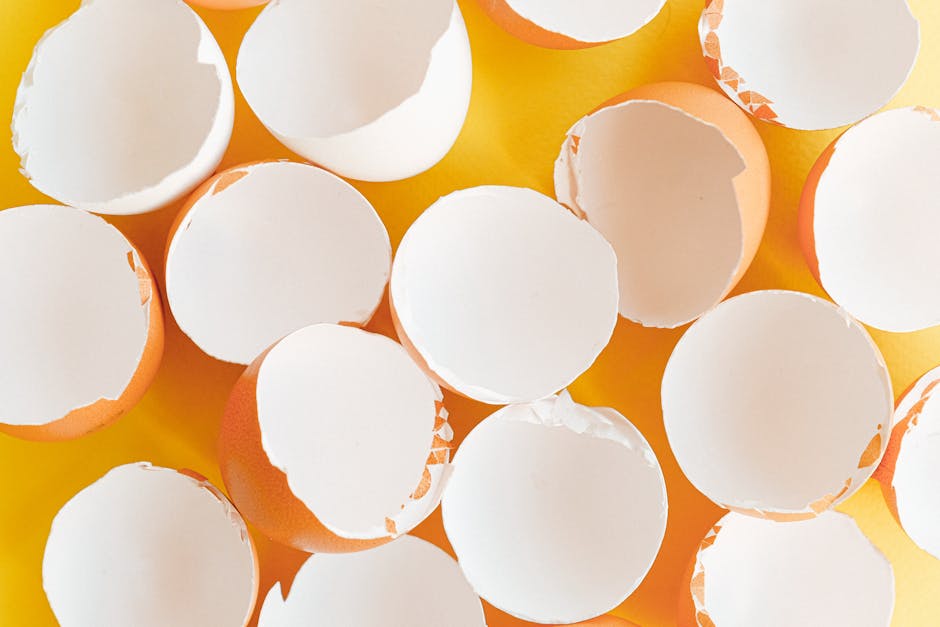The kitchen, a sanctuary of culinary creativity, often becomes a battleground against a silent foe: food waste. While the environmental consequences of food waste are well-documented, the less discussed impact on our cooking routines and the development of our culinary skills is equally noteworthy. Food waste isn’t just a matter of wasted resources; it profoundly shapes how we approach recipes, plan meals, and ultimately, interact with food itself.
A fundamental connection exists between the frequency of food waste and our daily cooking practices. Individuals who regularly experience discarding unwanted food items often adjust their purchasing and preparation strategies to minimise future losses. This response, while seemingly practical, can subtly influence the very approach to cooking.
Firstly, mindful purchasing becomes a critical component. A kitchen littered with uneaten leftovers, or a pantry brimming with expiring ingredients, signals a need for a more precise and targeted shopping list. This shift from impulse buying to calculated acquisition fosters a more thoughtful approach to recipe planning. Instead of stocking up on every ingredient imaginable, a careful evaluation of anticipated consumption becomes necessary. Knowing what recipes will be made, understanding portion sizes for each, and adjusting purchases accordingly, are all integral to the process. This proactive approach minimizes overbuying and maximizes utilization.
Furthermore, a reduction in food waste significantly alters the way we engage with recipe development. When food is precious, culinary explorations often lean towards recipes that maximize utilization. Creativity flourishes in transforming leftover ingredients into entirely new creations. A simple head of broccoli left over from a stir-fry might inspire an innovative side dish or, in tandem with leftover chicken, morph into a hearty soup. The focus shifts from simply following a pre-determined recipe to actively developing a repertoire of adaptable culinary solutions. This ingenuity, stemming from the need to minimize waste, often results in more inventive and economical cooking methods.
The planning stage itself undergoes an interesting evolution. Recipe selection becomes more meticulous. Instead of picking a recipe based purely on desire, a deeper examination of ingredient availability and potential leftovers is crucial. Recipes that feature ingredients already in the cupboard are prioritized. This calculated approach to recipe choice, while seemingly mundane, strengthens the connection between cook and food. A deeper understanding of ingredients and their potential becomes paramount, rather than just a passing fancy.
Interestingly, this conscious engagement with food also fosters better portion control. Knowing that every ingredient will be utilized significantly minimizes the risk of overcooking or purchasing excess. The mental calculation of how much to cook, and the careful consideration of serving sizes, gradually becomes more instinctive. This approach, in turn, directly impacts the cooking process itself.
Another critical consequence is the emergence of more efficient cooking techniques. Knowing that leftovers need to be incorporated into subsequent meals encourages the development of methods that produce just the right amount of food. Pressure cooking, or precisely measuring ingredients for a dish that will feed only those present, become more common. These pragmatic changes often lead to better understanding of cooking times and temperatures, enhancing the overall skill of the cook.
Beyond the logistical aspects, food waste awareness often translates into an enhanced appreciation for the culinary process itself. When each ingredient is appreciated for its value and contribution to the meal, the cooking process becomes less about quantity and more about quality. This increased awareness frequently leads to a focus on sourcing fresh, seasonal produce, as their limited availability encourages culinary ingenuity and emphasizes the importance of fresh ingredients. Finding inspiration in the local market and utilizing local vendors becomes more common, creating a deeper connection with the origins of food.
The impact of food waste on cooking habits stretches beyond the kitchen itself. It often filters into the social and economic aspects of culinary experiences. A deeper respect for food is formed, as ingredients are not seen as expendable commodities. This mindful approach can encourage hosts to prepare meals that incorporate all ingredients fully, leading to more intentional and engaging social gatherings.
In summary, food waste’s impact on cooking extends far beyond the simple need for resource conservation. A direct correlation exists between reducing food waste and cultivating more thoughtful, resourceful, and creative cooking habits. From the strategic shopping list to the resourceful transformation of leftover scraps, the impact is multifaceted and profound. Cooking becomes an act of culinary alchemy, where creativity and efficiency intertwine to produce delicious and sustainable meals. This shift towards mindful consumption not only reduces waste but enhances the entire culinary experience, one creative dish at a time.






